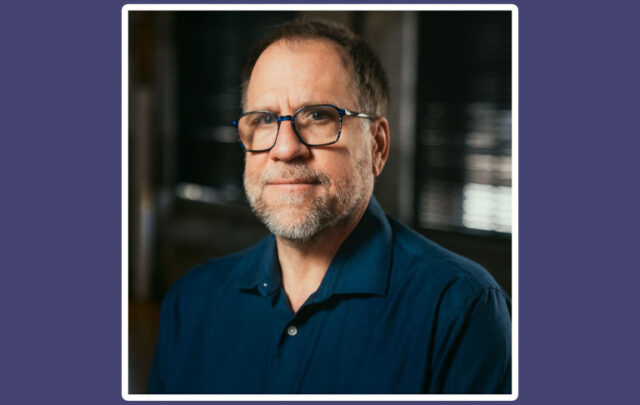Click on the headline (link) for the full text.
Many more articles are available through the Energy Bulletin homepage
Call to tackle UK business waste
Richard Black, BBC Online
The government needs to step up efforts to reduce waste from business, according to a parliamentary committee.
The House of Lords Science and Technology Committee recommends using variable VAT rates to cut unsustainable consumption of raw materials.
Its report says pressure has so far concentrated on householders, who account for only 9% of the UK’s waste.
Environment minister Joan Ruddock said the government does have measures that are inducing businesses to cut waste.
Those measures include the landfill tax escalator under which the tax on landfill will rise by £8 per tonne each year until 2011…
(19 August 2008)
Save your trash: An interview with Ari Derfel
Britt Bravo, WorldChanging
Late last month I interviewed Ari Derfel, CEO and co-owner of Back to Earth, Inc., about saving all of his trash for one year. Below is an edited transcript of our interview for the Big Vision Podcast. You can also listen to it on this little player:
… Ari Derfel: What inspired me to save a year of trash? A simple story: I was sitting having dinner with some friends, some very lovely friends, and we had been to the farmers market that day. We began to lament the concept of trash. What came up in conversation was, “Where is ‘away?'” that magical place that things go.
As the conversation evolved, by the end of dinner I said, “You know what? I am curious. I want to know, and I’m going to save my trash for an entire year to see what it’s like if ‘away’ is in my house,” and it was that simple.
… Britt Bravo: What did you learn from this experiment?
AD: I learned a lot of different things. I think that was what was awesome about it. I entered into it really understanding that it was just a personal meditation. That I was about to engage in something to learn about myself, to learn about my behaviors, and to see what comes of it, as opposed to, I’m getting into this thing with a specific agenda, or because I want to tell people and the public something. It was really just like, I’m dismayed at things that I see on the planet, so therefore I want to engage it.
Some of the things that I learned are interesting. I learned what I spent most of my money on because by watching a pile of trash grow over a year, I really began to see, “Wow! I spent it on that food, on this electronic, on that item,” and my consumption habits and spending habits became really clear.
The second thing that I learned really powerfully, in addition to what I spend my money on, is what I put in my body. I started to see things pile up. The most commonly talked about are little stacks of pints of non-dairy ice cream that I would eat: pint one, pint two, pint three, pint 12, pint 15. I started to see what lives in my body, and what kind of fuel I’m choosing to put in my body.
Then, I learned where most trash seems to be made, food packaging. Of all the different things that could be making trash, that was really profound to me because I realized that it’s not that big of a problem. I mean, we’ve only been packaging food for 50, 60 or 75 years. So, if that’s the small amount of time in which the problem was created. We should be able to undo the problem. Those are three of the primary things that I learned.
Then I learned that if I composted everything organic, which I did, trash doesn’t smell.
(25 August 2008)
Eric Lombardi’s zero waste park
Julia Steinberger, Worldchanging
Eric Lombardi, the waste-management guru behind Boulder, Colo.-based recycler Eco-Cycle, is fighting incinerators around the world with a vision. Although his Zero-Waste Park may never be built, he has been able to use the artistic plan as an effective tool for discussion that has allowed city planners to consider alternative solutions.
The Zero-Waste Park was originally conceived by Lombardi when he was working with a Hawaiian community group called Zero Waste Kauai (we originally mentioned the design in our post on Vancouver’s RCBC conference). The island of Kauai was facing a landfill closure, and considering building an incinerator to handle waste disposal. The park is sized to handle solid waste from about 300,000 people (about the size of Boulder County, or the entire island of Kauai).
“I pulled together all the ways that the world was handling recycling, composting, etc. and discards, and I put them in once place, because the world likes one-stop shops,” says Lombardi. “So when cities are talking big money — for example, right now in Fredrick, Md., they’re talking about a 300 million dollar incinerator — I can talk 300 million dollars too, and we can talk about getting 90 percent of your resources out of the incinerators.”…
(25 August 2008)





